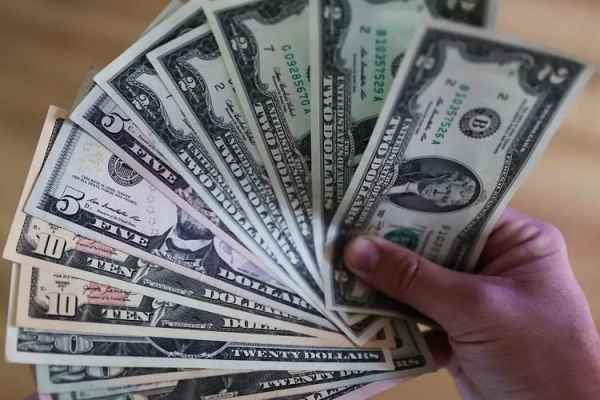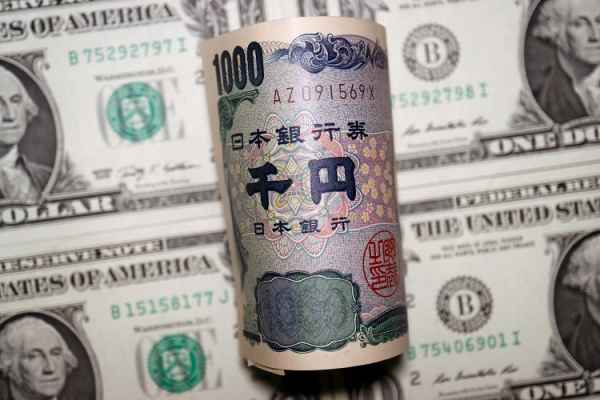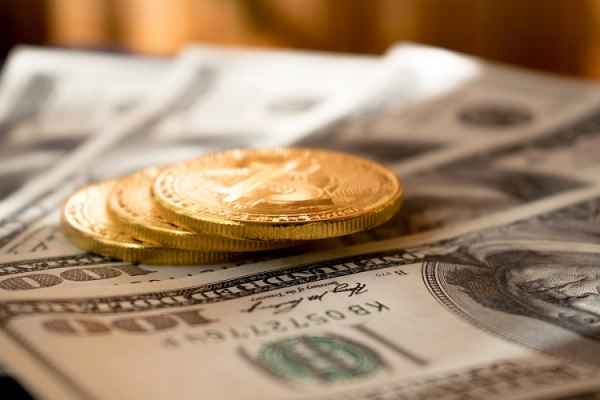Neel Kashkari, President of the Fed Minneapolis, stated yesterday that interest rates may need to rise again.
Several recent US economic data points have fallen short of consensus estimates. However, the US dollar exchange rate remains supported by a statement from a Federal Reserve official and rising US Treasury bond yields. As of the mid-New York session on September 26, the US Dollar Index (DXY) is still trading at its highest level in the past ten months.

US Building Permits, Consumer Confidence, and New Home Sales data all collectively missed consensus estimates. However, market participants overlook data that has no direct impact on interest rates. The market focuses on US inflation data, US employment reports, and the prospects of persistently high US interest rates.
Neel Kashkari, the President of the Federal Reserve Bank of Minneapolis, stated yesterday that interest rates may need to rise again and be "higher for longer" until inflation truly drops to 2%. The US economy's fundamental conditions are much stronger than policymakers had anticipated.
Kashkari's statement propelled the yield on the US Treasury 10-year bond to its highest level in the past 16 years. Alongside this, the US dollar strengthened against various major counterparts.
Joe Tuckey, Chief FX Analyst at Argentex broker, remarked that the dollar's ongoing strength is remarkable, noting that the US stands out as an exception, with a consistent presence of robust data.
"The story of September has been the jump in Treasury yields and the spillovers into the currency market," said Adam Button, chief currency analyst at ForexLive in Toronto. "The market has expected the economic data to deteriorate, and it hasn't."
EUR/USD is further pressured into the range of 1.0567. GBP/USD has plunged to a low of 1.2159 and appears to have the potential for further weakening. USD/JPY has once again climbed to the range around 148.90, prompting strong warnings from Japanese officials. Market observers also continue to caution about the possibility of intervention.
Japanese Finance Minister Shunichi Suzuki affirmed earlier this morning that the government is "closely monitoring currency movements with a high sense of urgency." His warning slightly dampened the USD/JPY rally's momentum but did not push it into lower ranges. Buying pressure on USD/JPY remains noticeable.
"In terms of all of the tell-tale signs (of intervention) they've done everything they possibly could do." He added: "No one wants to believe it's going to happen until it happens, which is absurd because (Japan is) the most consistent and the most practiced over the decades at doing this."

 Dedicated FREE FOREX VPS
Dedicated FREE FOREX VPS Free FOREX Virtual Private Server
Free FOREX Virtual Private Server MT4 Demo Contest, Get $500
MT4 Demo Contest, Get $500 Sign Up for an Account, Claim 60% Deposit Bonus
Sign Up for an Account, Claim 60% Deposit Bonus Free MT4/MT5 VPS 2024
Free MT4/MT5 VPS 2024 Send E-mail and Get Free Merchandise
Send E-mail and Get Free Merchandise $1K Refer a Friend Bonus for Pepperstone Pro clients
$1K Refer a Friend Bonus for Pepperstone Pro clients Maximize Your Earnings with 100% Deposit bonus
Maximize Your Earnings with 100% Deposit bonus Trade to Win, $5,000 Monthly Demo Contest
Trade to Win, $5,000 Monthly Demo Contest Claim 30% + 15% Deposit Bonus from LiteFinance
Claim 30% + 15% Deposit Bonus from LiteFinance






